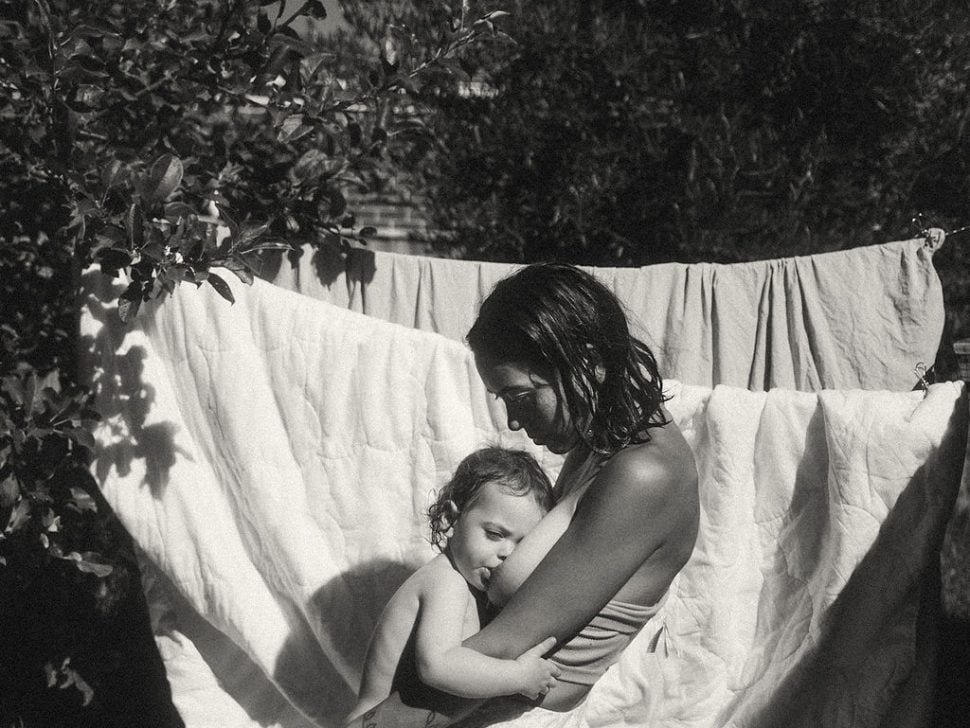Managing Emotions as a New Mother
Managing the rollercoaster of emotions in early motherhood can feel like a daunting task. There is so much adjustment, learning and surrender that is required and often very little support available to navigate the massive changes that this phase brings.
Yet emotions act like a gauge, keeping us aware of what works, what doesn’t, where our needs are met and where they aren’t. Tuning in to the emotions that arise and learning to work with them, can allow new mothers to regain a sense of control and keep overwhelm at bay.
Beware of the positivity trap
Did you know that our emotional system works in the same way as our immune system? It allows in what is nourishing and keeps out what is not. Our emotions directly impact our nervous system and making sure that they move through as needed is key to staying mentally and physically healthy.
In the realm of holistic mind/body connection, cultivating positive emotions such as compassion, mindfulness, gratitude, is often the place we’re told to start. However, I’ve noticed with my clients, time and again, that they often can’t easily access these until they start addressing the backlog of repressed emotions which haven’t yet made their way out of their system.
“Suppressing emotions takes a great amount of energy and limits access to joy as
well.” Tami Lynn Kent
In our culture, we tend to overemphasise keeping stress under check and staying
calm at all costs, even though it means repressing healthy emotional response as a
result.
Tears help us process grief and sadness. Healthy anger used as a boundary defence
helps us protect what is precious in our life, the things that matter.
Practicing healthy emotional release as a new mother
So, what can you do to support your nervous system, your mind and your heart to thrive as a new mum?
Practice healthy emotional release. Here are some ways you can do it, and by the same token, support your overall health and wellbeing.
- Put words on what you’re feeling: speak it out loud or write it down. Try not to get stuck in replaying the event in your mind. Instead, focus on identifying the emotions behind the event that triggered you. If you can, follow the sensations in your body as you describe what you’re feeling.
- Get your needs met: an unmet need will often trigger anger and resentment. We live in a world where motherhood is unfortunately not valued and supported adequately. As unfair and disheartening as it is, if we can tune into ourselves enough to identify our needs (for rest, for support, for recognition, etc.) and voice them, we can feel empowered again as we get them met. Every time you feel overwhelmed by frustration, anger, sadness, ask yourself: “what is it that I need right now?”.
- Try therapy or coaching: it can be beneficial if you’re not comfortable accessing your emotions or body sensations on your own or it there’s a history of trauma. It is especially helpful if you’re struggling to identify your needs or ask for help.
- Consider body work: suppressed emotions get trapped in the body. Holistic therapies such as osteopathy, chiropractic, yoga, acupuncture, can help release emotional blockages and support a healthy immune system.
- Use this journaling prompt: where in your life are you not saying no? A great way to gain insights into the areas where you may need to set stronger boundaries in order to address stuck emotions.
And remember the 90-second cycle! According to neuroscience, it takes 90 seconds for the chemicals released by an emotion to flush out of the body. Train your attention so that you don’t get hooked by the thoughts that keep you stuck in the emotion, but instead notice it, breathe through it and watch it move out. This short video by Dr Joan Rosenberg explains this process and I also highly recommend her
book here as a resource to support you.
If you’re keen to stay in shape mentally and emotionally, if you’re going through challenging times and need support to regain clarity, build your confidence and sense of empowerment as a new mother, please reach out. I offer introductory sessions to get to know each other before diving deeper. More about my work here.
You may also be interested in...


Brisbane Grief Counselling
Hi, I’m Amy, I am a specialist grief counsellor and I work with women and families facing losses (death-related and non-death-related losses across the lifespan).
Something has happened and you are now trying to pick up the pieces. Grief is often a lonely journey and can feel all consuming. Whether you are trying to start or grow your family, adjusting to pregnancy or early parenting challenges, navigating pregnancy or parenting after loss, or figuring out how to ‘be you’ and still parent in a way that feels congruent to your life values, I am here to hold space for these conversations.
Matrescence is the transition we make from maiden to mother, likened to adolescence, and it is a transition of mind, body, soul and spirit.
As a therapist in this space, I walk alongside you as a companion while you navigate the complexity and challenges of living with loss. Together we create a safe space for your experience to be witnessed, for you to tell the truth about your grief, to be seen and heard without judgment.
You do not have to do this journey alone.
Learn about the support you didn't know you needed.
We have cherry picked the most useful resources for your fourth trimester so that you don't have to waste precious hours searching.

Article - Alice Mason (Align with Alice)
Human Design for Motherhood: Understanding Yourself, Your Child, and Your Parenting
At first glance, you might wonder how Human Design is relevant to your motherhood journey, but I want to share with you the incredible wisdom that this modality offers. The way I see it, this support comes in three powerful ways. It provides guidance and understanding of yourself — how you’re wired and what your needs are. It offers insight into your child and practical guidance to parent in accordance with their unique nature. It strengthens the bond between you, helping you foster a relationship built on understanding rather than expectation.

Watch - Elisha Wildblood and Louise Barton (Not Another Onesie)
In Conversation With Dr Renee White from Fill Your Cup
Untethered: the raw truth of identity shift in motherhood.

Interview - Louise Barton + Elisha Wildblood (
Breaking Free from Bounce Back Culture. Reclaiming Postpartum & Redefining Support for Mums

Article - Louise Barton + Elisha Wildblood (Not Another Onesie)
How to Talk About Sharing the Mental Load with Your Partner: A Complete Guide
In many households, the mental and emotional work of managing a family, often called the invisible load, falls disproportionately on mothers. It's not just about doing tasks; it's about carrying the mental checklist: remembering appointments, organising activities, planning meals, and anticipating everyone's needs. Over time, this invisible mental load can lead to resentment, overwhelm, and burnout.

Article - Narelle Dickinson ( Lotus Health and Psychology)
Is This Normal? The Emotional Rollercoaster of Pregnancy and Motherhood.
Mental health during pregnancy and postpartum is something many mothers don’t expect to struggle with, but it's more common than we think. In this interview with Lotus Health and Psychology, we explore what perinatal mental health support really looks like, why anxiety is often overlooked, and how to take the first steps even when you feel like you’re running on empty. Whether you're expecting, newly postpartum, or years into motherhood, these insights might be the nudge you didn’t know you needed.







